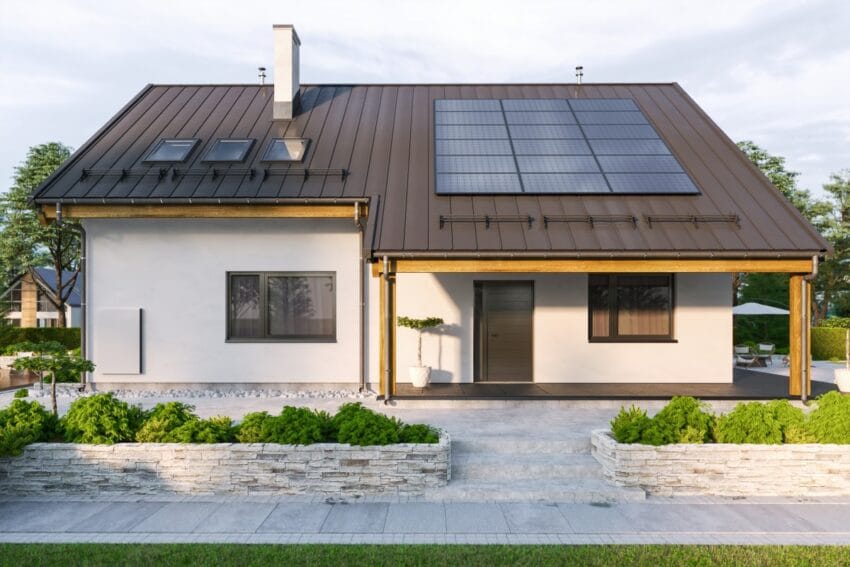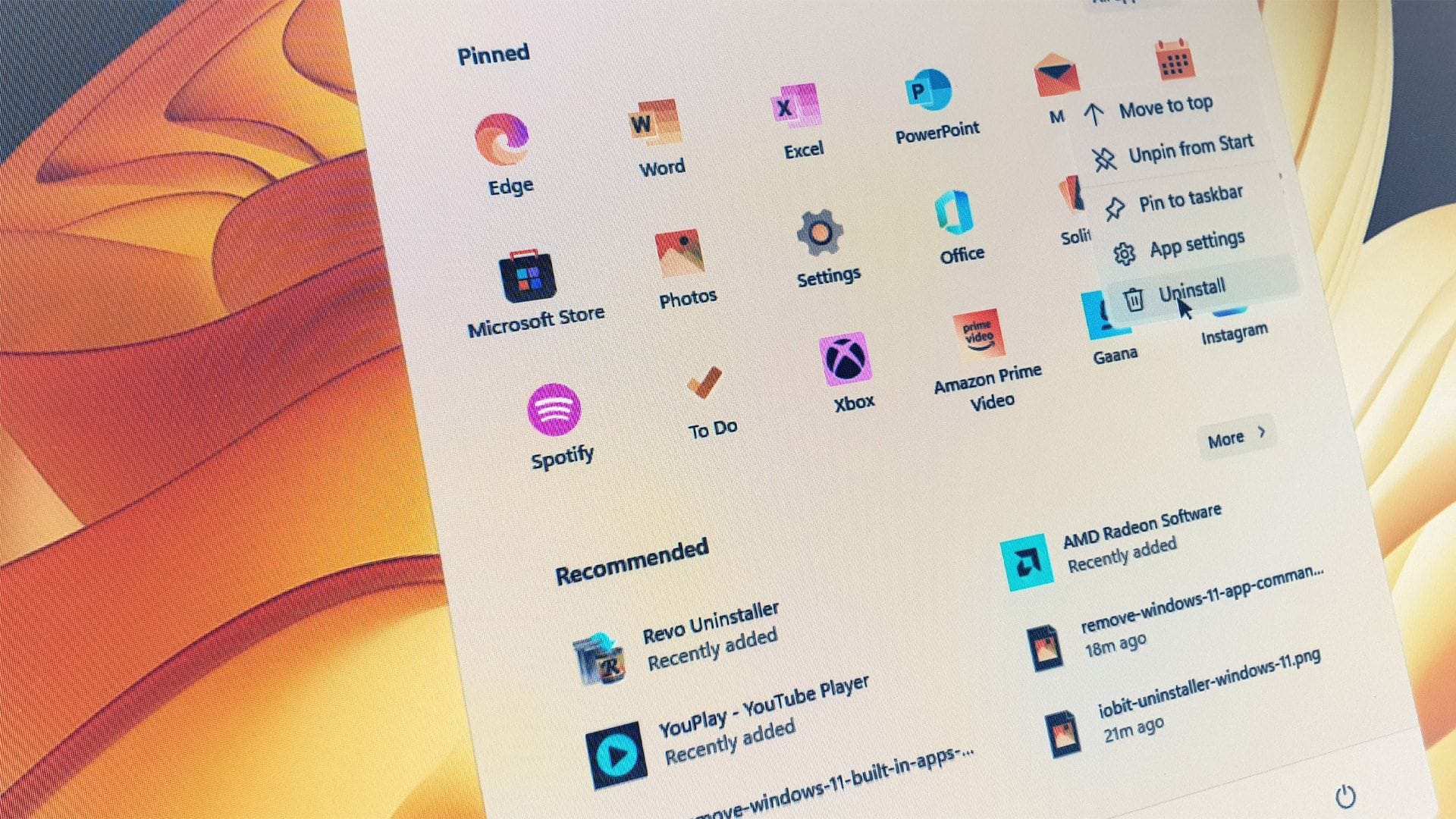
how your solar rooftop became a national — Texas solar company EG4 has emerged as a significant example of home energy cybersecurity risks following a federal advisory on potential hacking vulnerabilities in its inverters..
How Your Solar Rooftop Became A National
Texas solar company EG4 has emerged as a significant example of home energy cybersecurity risks following a federal advisory on potential hacking vulnerabilities in its inverters.
Understanding the Cybersecurity Risks in Solar Energy
As solar energy becomes increasingly popular among homeowners, the security of solar energy systems has come under scrutiny. The recent advisory issued by federal officials highlights the vulnerabilities that can exist within these systems, particularly focusing on the inverters produced by EG4, a Texas-based solar company. This situation has raised alarms about the intersection of renewable energy technology and national security.
The Role of Inverters in Solar Energy Systems
Inverters are critical components of solar energy systems. They convert the direct current (DC) generated by solar panels into alternating current (AC), which is used in homes. Given their central role, any vulnerabilities in inverters can pose significant risks not only to individual homeowners but also to the broader energy grid.
Federal Advisory on EG4 Inverters
This week, federal officials released an advisory that specifically pointed out how hackers could potentially hijack EG4’s inverters. The advisory serves as a warning to homeowners and businesses alike about the importance of securing their solar energy systems against cyber threats.
- Potential Risks: Unauthorized access to inverters could lead to power disruptions, data theft, or even manipulation of energy production.
- Impact on Homeowners: Homeowners with EG4 inverters may face increased vulnerability to cyberattacks, which could compromise their energy systems.
The Broader Implications for National Security
The vulnerabilities identified in EG4’s inverters raise broader questions about national security. As more households adopt solar energy, the potential for coordinated cyberattacks on energy infrastructure increases. This situation underscores the need for robust cybersecurity measures within the renewable energy sector.
What Homeowners Can Do
In light of the advisory, homeowners with solar energy systems, particularly those using EG4 inverters, should take proactive steps to enhance their cybersecurity. Here are some recommended actions:
- Update Firmware: Regularly check for firmware updates from the manufacturer to ensure that any known vulnerabilities are patched.
- Change Default Passwords: Always change default passwords on inverters and related devices to something more secure.
- Monitor Energy Usage: Keep an eye on energy production and consumption patterns to detect any unusual activity that may indicate a breach.
- Consult Professionals: Consider hiring cybersecurity professionals to assess the security of your solar energy system.
The Future of Cybersecurity in Renewable Energy
The situation with EG4 serves as a wake-up call for the entire renewable energy industry. As the sector continues to grow, the importance of cybersecurity will only increase. Stakeholders, including manufacturers, policymakers, and consumers, must work together to address these vulnerabilities and ensure the safety and reliability of solar energy systems.
In conclusion, the advisory regarding EG4’s inverters highlights a critical intersection of technology and national security. As homeowners increasingly turn to solar energy, it is essential to prioritize cybersecurity to protect both individual investments and the integrity of the energy grid.
Source: Original reporting
Further reading: related insights.
Was this helpful?
Last Modified: August 17, 2025 at 2:14 pm
2 views















